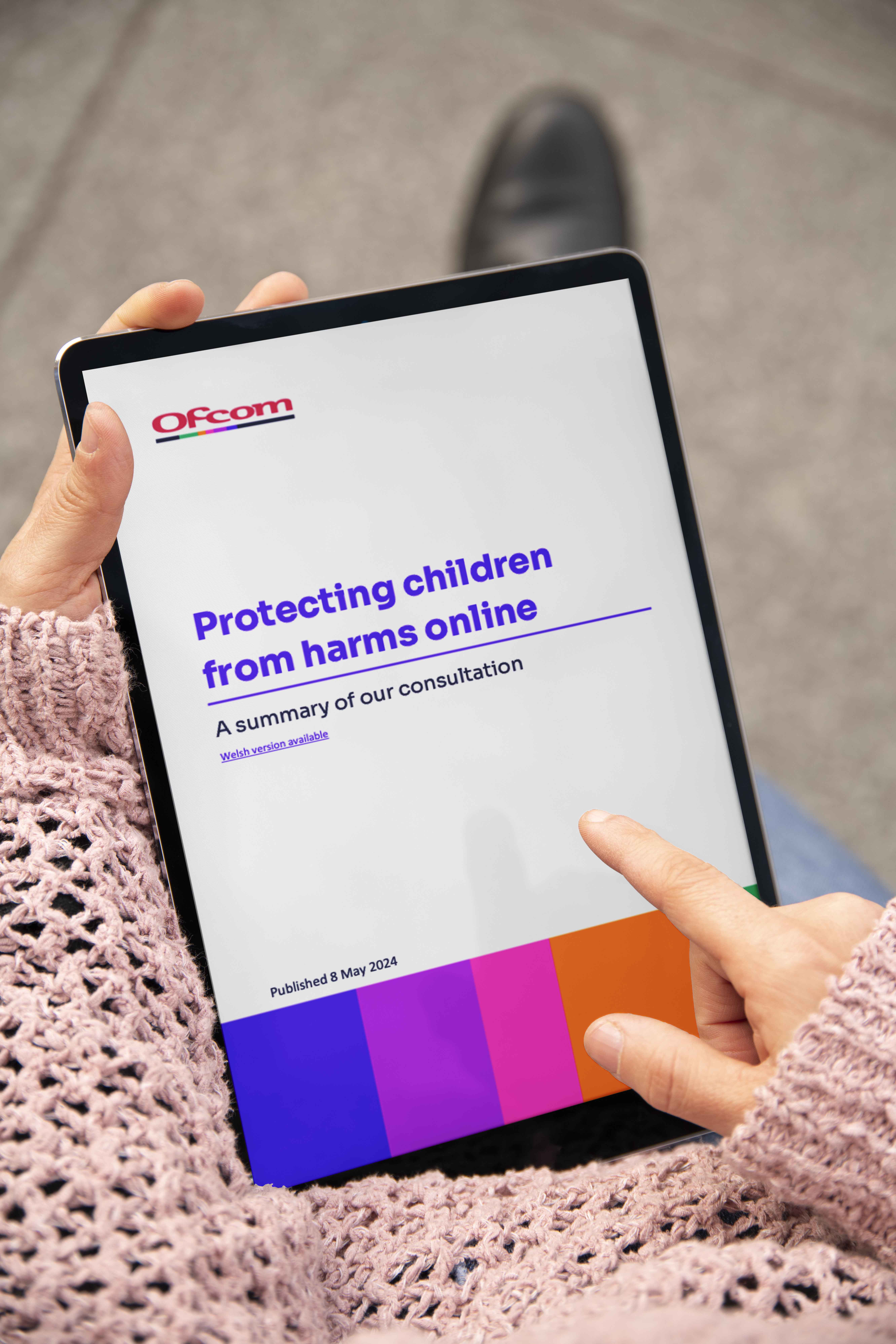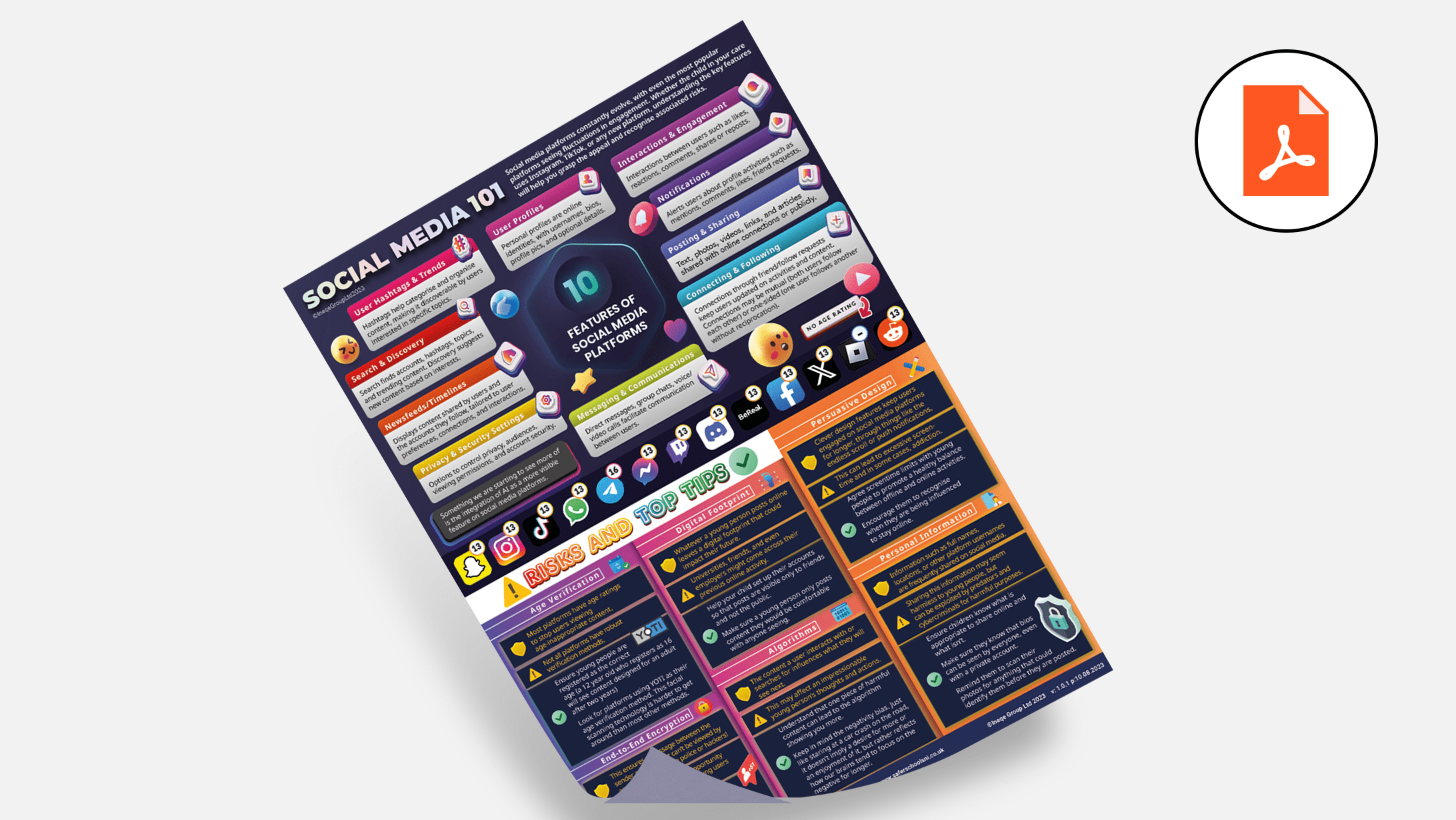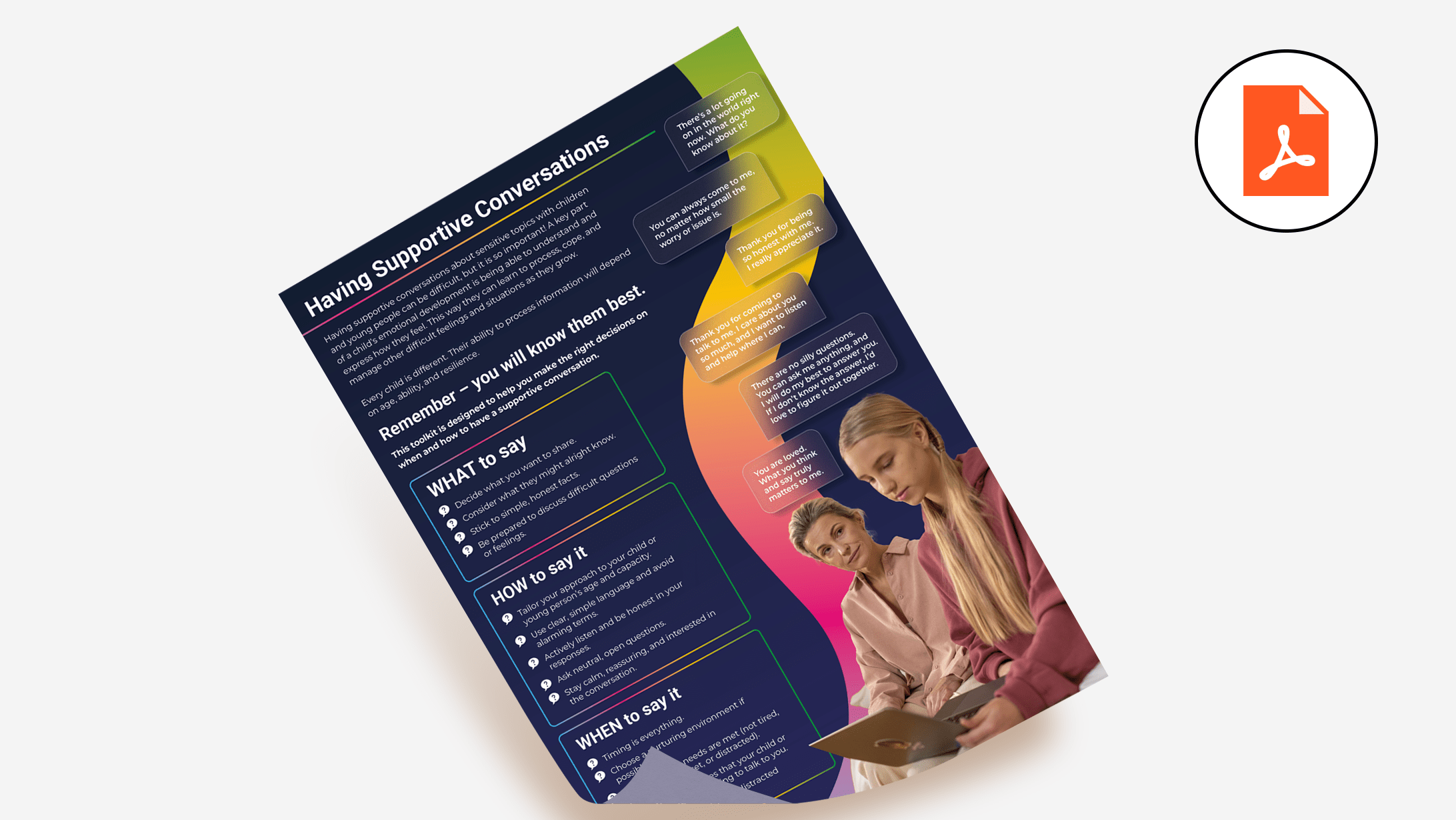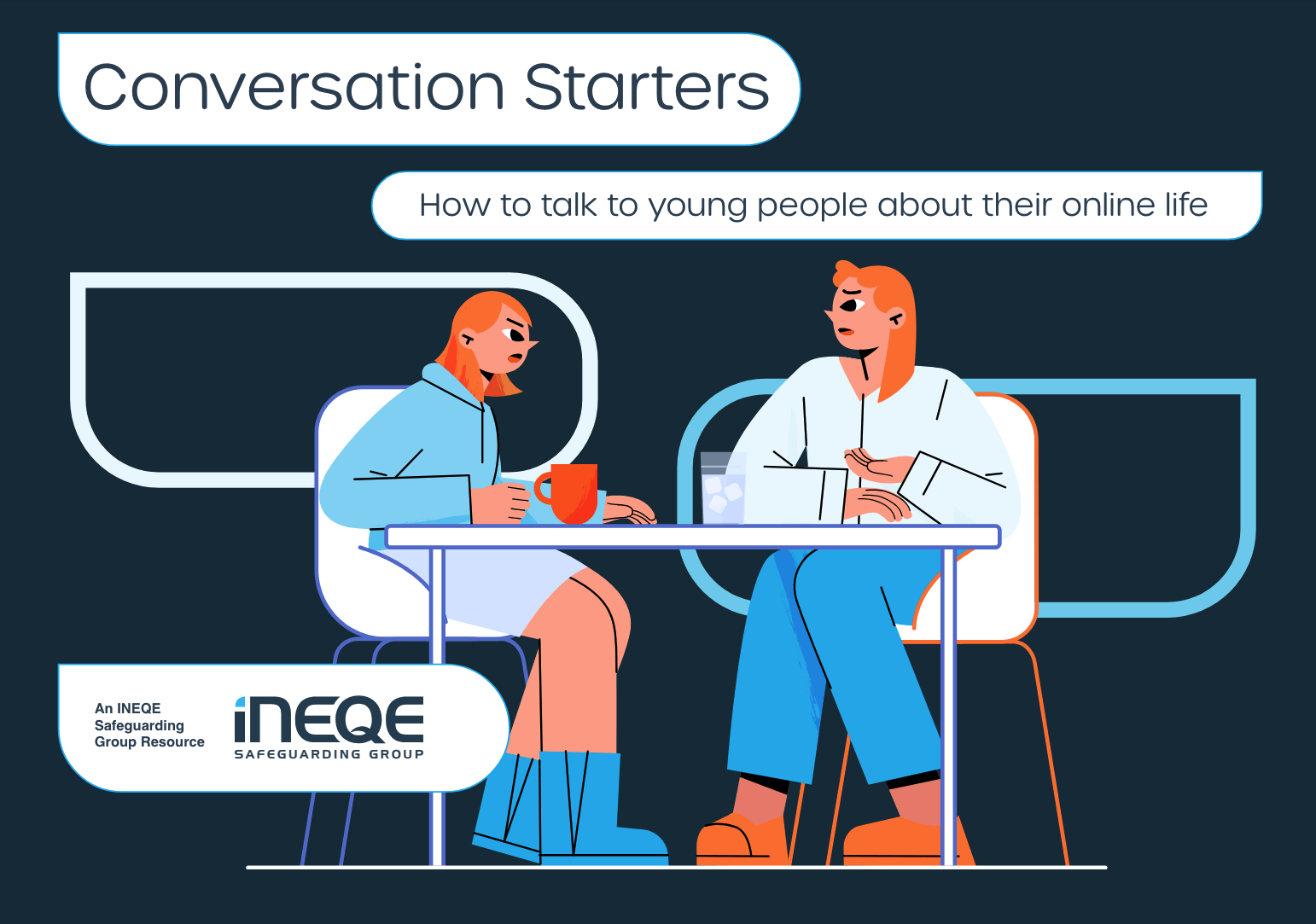Last Updated on 26th November 2025
Reading Time: 3.8 mins
May 8, 2024
You might have encountered discussions in today’s news regarding online safety following the release of a report by Ofcom. This report outlines new measures aimed at technology companies, designed to prevent children and young people from accessing harmful content on social media. However, the group Bereaved Parents for Online Safety have responded by saying that these measures, which would not be enacted until 2025, don’t go far or fast enough to ensure the wellbeing of children and young people online.
In this article, we’ll provide an overview of the Ofcom report and offer actionable advice for safeguarding children online, starting today. There is power in education. Be prepared to have open and honest conversations and establish with the child or young person in your care who their trusted adults are.

What is in Ofcom’s report?
Ofcom has suggested 40 measures for tech giants to implement to increase safety. These include:
The new proposal aims to stop children and young people from viewing distressing content online, such as materials relating to suicide planning, self-harm, eating disorders, and dangerous stunts or challenges.
Ofcom has stated that this means:
How are tech companies responding?
At the time of writing, two technology giants to release statements are Meta and Snapchat, who have signposted their parental controls and extra protections for under 18s.
Technology Secretary Michelle Donelan has said that these new guidelines put the ‘meat on the bones’ of online safety, as she encourages technology companies to act now, ahead of any laws being brought into place.


What can you do?
While the headlines can be worrying, there are actions that parents, carers, and safeguarding professionals can take today. We’ve listed some of our top tips and further resources below:
Further resources
What you need to know about the Online Safety Act
Discussing online life with your child
Who are your Trusted Adults?
Who are your Trusted Adults? (Primary Edition)
Who are your Trusted Adults? (Makaton Edition)
Join our Safeguarding Hub Newsletter Network
Members of our network receive weekly updates on the trends, risks and threats to children and young people online.












